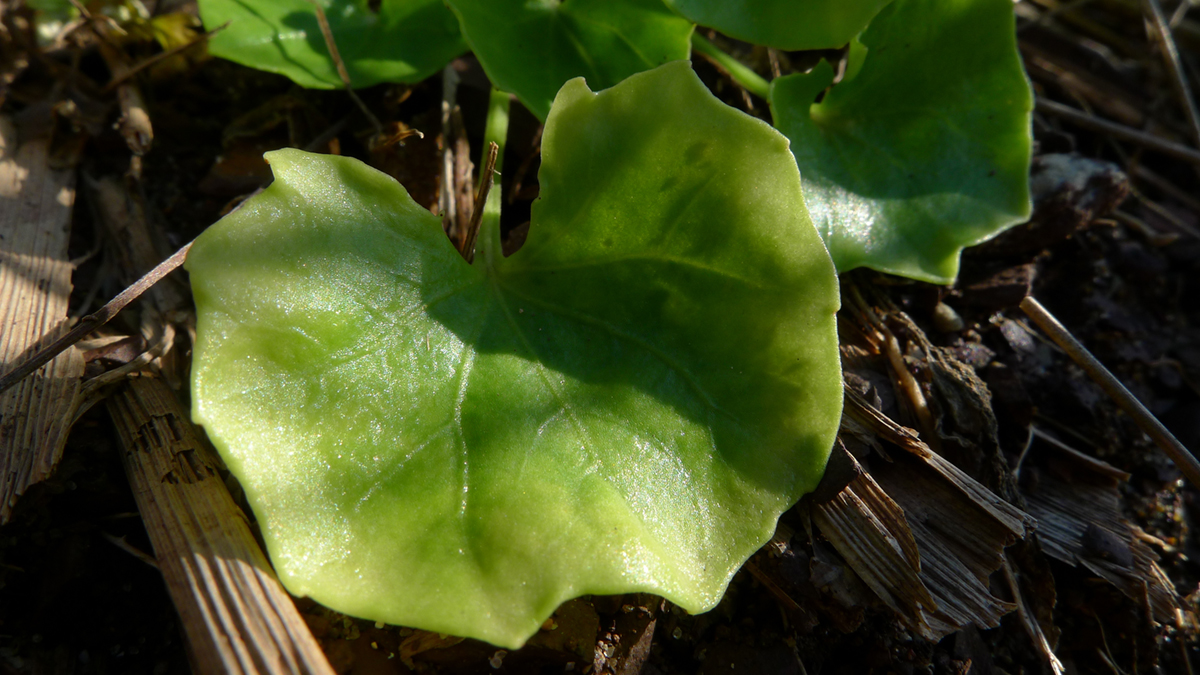
Digestion is a process of decomposing food so the body could use it for cells construction and development. This process is also important for the production of energy needed for proper functioning of the brain, heart, kidneys, liver and other organs.
Modern lifestyle, inadequate nutrition, stress and anxiety, are the most frequent causes of digestive tract diseases.
From early spring to autumn, stomach problems may be aggravated because the diet is rich in fresh fruits and vegetables which are often treated with various chemicals and insufficiently washed before its consumption.
Fortunately, medicinal herbs and teas are often very helpful in alleviating acute or chronic abdominal symptoms.
Violet
Violet leaf, flower and root is used for preparing teas. In addition to the content of saponins in the violet root (good expectorants), violet also contains alkaloids, odoratin viola, salicylic acid, vitamin C and carotene. In folk medicine teas made of this harbinger of spring, are especially used against flatulence and for better functioning of the digestive tract.Centaury
Centaury is the very good natural remedy which proved its success in appetite improving, correction of digestion disturbances and fever eliminating. It contains bitter heterosides and alkaloids, among which gencianin is the most important one. Tea bland, made of equal parts of centaury, angelica and wormwood significantly improves digestion and eliminates flatulence.Milfoil
Above-ground part of the flowering milfoil contains flavonoids, vitamin K, bitter substance - ahilein, resins, tannins and stereoles. Traditionally, milfoil tea is used to improve and normalize appetite, relieve stomach problems, bloating and severe digestion, and to purify the digestive tract.Peppermint
Many people believe that mint tea is the king of teas. Medical mint leaf includes tannin, essential oil, choline, pectin, starch and bitter substances. Peppermint tea is used for lessening stomach cramps and pain, and it is a good ally in the fight against diseases of bile and liver. Also, mint is an urinary tract cleaner and a body rehydrator.Wheat Bran
Wheat grain casings remain after flour sifting, which are rich in minerals (manganese, magnesium, phosphorus, selenium, iron, copper and zinc) and vitamins, especially those from group B. Also, they are rich in fibers which act as laxative, so wheat brans are often recommended to patients who suffer from diverticulitis.Tormentile
Because of tannins content, tormentile is used to treat inflammation of the internal organs mucous membranes, to stop the bleeding and stomach problems, stomach cramps and diarrhea.Parsley
Like other green leafy vegetables, above-ground part of plant is rich in chlorophyll, flavonoids and vitamins, especially vitamin C, while the root contains proteins, vitamins, minerals, and flavonoids. In smaller doses, parsley (leaves and root) stimulates appetite, increases the secretion of stomach juices and improves digestion. It has a mild laxative effect so it is used to prevent constipation.


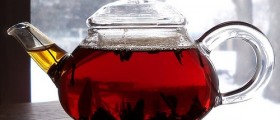
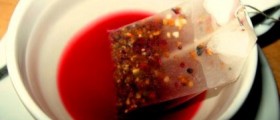






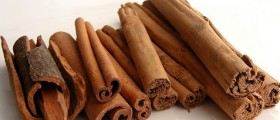




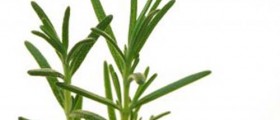
Your thoughts on this
Loading...